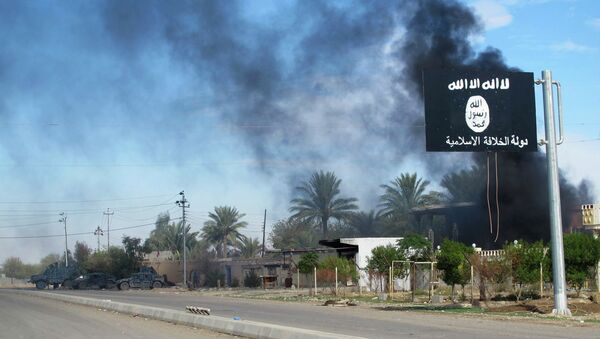Violent extremism in Africa has killed more than 33,000 people over the last six years. It has resulted in humanitarian crises, affecting millions of lives through widespread displacement and disrupted economic prospects across the continent.
The new study called “Journey to Extremism” published by the United Nations sheds light on some of the reasons behind this situation; one major finding suggests that “government action,” including the “killing of a family member or friend” or the “arrest of a family member or friend,” is the “tipping point” that pushes people to join a terrorist group.
“In a majority of cases, paradoxically, state action appears to be the primary factor finally pushing individuals into violent extremism in Africa,” the new report said.
Researchers who worked on the report stress, however, that many factors lead individuals into extremism. Apart from anger toward the government and the unjust killing of family members, people join extremists groups due to poor economic conditions, as some are paid salaries to join the group.
Recruits also cited having an acute sense of grievance towards governments: 83 percent believed their government looked after only the interests of a few, and more than 75 percent distrusted politicians or state security agencies.
Other factors included low levels of educational achievement, absent fathers during childhood and a minimal understanding of the fundamental tenets of Islam.
According to lead researcher Mohamed Yahya, those who join extremist groups usually have lower levels of religious or formal education, allowing for misinterpretation or manipulation with regard to their understanding of religious texts.
The report comes amid concerns that Africa could become a “new front” for global jihadi organizations.



